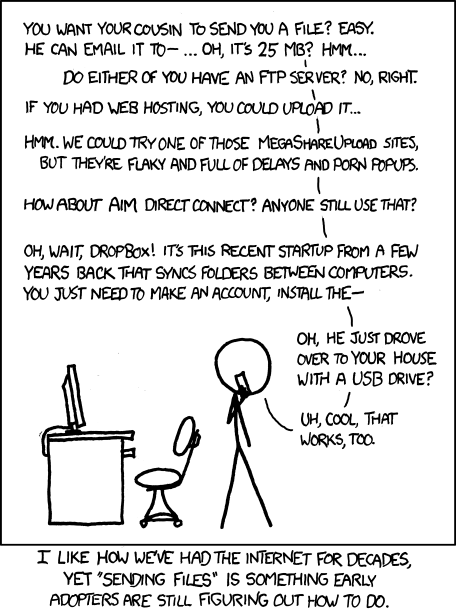Talker's block
No one ever gets talker's block. No one wakes up in the morning, discovers he has nothing to say and sits quietly, for days or weeks, until the muse hits, until the moment is right, until all the craziness in his life has died down.
Why then, is writer's block endemic?
The reason we don't get talker's block is that we're in the habit of talking without a lot of concern for whether or not our inane blather will come back to haunt us. Talk is cheap. Talk is ephemeral. Talk can be easily denied.
We talk poorly and then, eventually (or sometimes), we talk smart. We get better at talking precisely because we talk. We see what works and what doesn't, and if we're insightful, do more of what works. How can one get talker's block after all this practice?
Writer's block isn't hard to cure.
Just write poorly. Continue to write poorly, in public, until you can write better.
I believe that everyone should write in public. Get a blog. Or use Squidoo or Tumblr or a microblogging site. Use an alias if you like. Turn off comments, certainly--you don't need more criticism, you need more writing.
Do it every day. Every single day. Not a diary, not fiction, but analysis. Clear, crisp, honest writing about what you see in the world. Or want to see. Or teach (in writing). Tell us how to do something.
If you know you have to write something every single day, even a paragraph, you will improve your writing. If you're concerned with quality, of course, then not writing is not a problem, because zero is perfect and without defects. Shipping nothing is safe.
The second best thing to zero is something better than bad. So if you know you have write tomorrow, your brain will start working on something better than bad. And then you'll inevitably redefine bad and tomorrow will be better than that. And on and on.
Write like you talk. Often.
(Update: Ira Glass agrees.)
Original Page: http://feedproxy.google.com/~r/typepad/sethsmainblog/~3/13lAU3o-Riw/talkers-block.html
Sent from Feeddler RSS Reader
